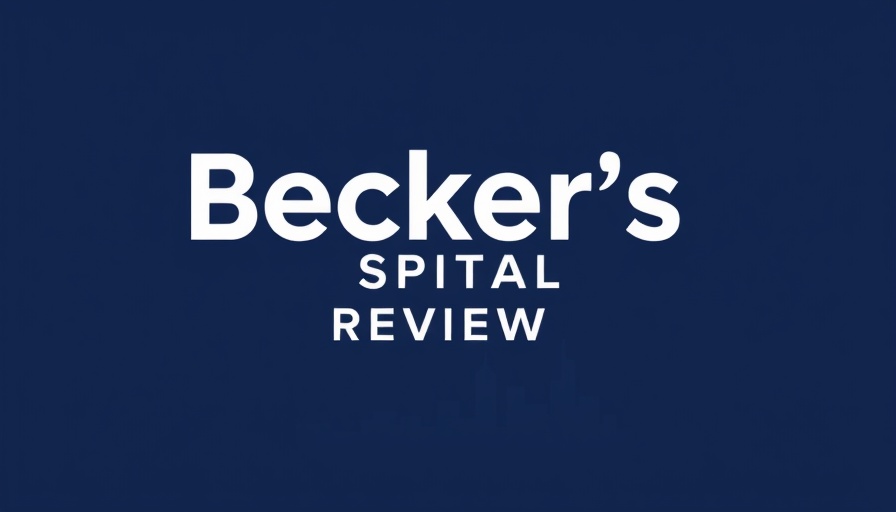
Turning Vision into Action
Carondelet Health Network, based in Tucson, Arizona, has recently appointed Kristopher Kitz as the new market chief strategy officer. With an impressive background in healthcare strategy and leadership, Kitz will oversee a critical portfolio that includes multiple hospitals and emergency departments. His role, effective from June 9, involves not just operational management but strategic development aimed at enhancing patient care and operational efficiency.
Experience Fuels Strategy
Before his current position, Kitz served as CEO for several interconnected entities, including Wyatt Surgery Center and Eye Associates of Tucson. His prior role in business development for TMC Health highlighted his ability to harmonize complex healthcare systems, driving efficiency while focusing on patient satisfaction. His diverse experience is instrumental for Carondelet’s expansive strategy, particularly as healthcare continues to evolve with technological advances and regulatory challenges.
The Role of Healthcare Automation
In an era dominated by healthcare automation, Kitz's leadership will likely embrace technology that can optimize operational workflows. Opportunities abound in areas such as voice AI agents and healthcare business tools, specifically for independent practices looking to enhance patient engagement and streamline processes. For example, implementing remote therapeutic monitoring (RTM) could significantly enhance patient outcomes by enabling continuous monitoring and engagement.
Community and Collaboration
A commitment to community engagement is pivotal in Kitz’s vision for Carondelet. Strengthening ties with independent physicians and urgent care clinics can foster collaborative care solutions. Initiatives like practice automation and pre-tax benefits for employees can also create a supportive environment for healthcare providers, addressing the growing needs of patients and practitioners alike. There’s a solid case for the integration of independent pharmacy growth strategies that align with the broader healthcare landscape in Tucson to bolster overall community health.
Looking Ahead: Predictions for the Future
As the healthcare sector navigates through various shifts, the focus on digital solutions will likely intensify. Kitz's proactive stance will be critical in adapting practices for changes in Medicare reimbursement and ensuring that Carondelet stays ahead in optimizing practice revenue. This could include exploring telehealth revenue opportunities to maximize reach and offering senior care solutions that allow aging in place.
Insights for Independent Practices
For independent physicians and clinics, the expansion in healthcare service models presents numerous possibilities. Engaging with strategies like missed call automation and ethical healthcare compliance can enhance practice efficiency and optimize billing processes. As organizations pivot towards integrated health solutions, collaboration and shared knowledge can be powerful tools to improve patient outcomes and maintain financial health.
Actionable Steps for Practitioners
If you’re an independent healthcare provider, now is the time to examine your practice systems and potential for enhancement. Consider how automation can aid in mitigating the complexities of medical billing recovery and dealing with insurance underpayments. Embracing a culture of continuous improvement can not only streamline operations but also foster a more engaging environment for patients, ensuring that they receive the quality care they deserve.
As Kitz steps into his new role, the spotlight is on Carondelet to lead the way in Tucson's healthcare narrative. With an expansive network to oversee, the future looks promising as they adapt to the changing landscape and continue to prioritize patient care alongside operational efficiency.
 Add Row
Add Row  Add
Add 




 Add Row
Add Row  Add
Add 

Write A Comment